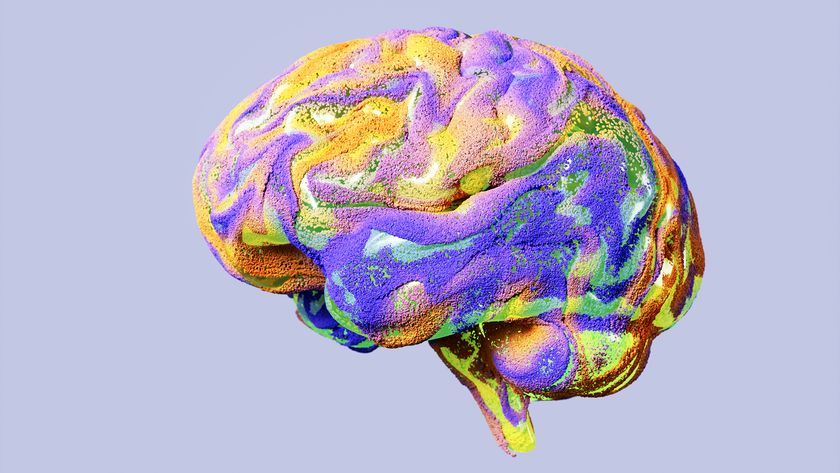In Monkeys, Brain Cell Growth Slows Long Before Old Age
Brain cell growth starts to decline long before old age hits in some monkeys, a new study finds, though it doesn’t come to a halt.
Researchers examined the neural cell growth of marmosets, a type of primate found in Central and South America, and found that the rate at which new neural cells form in the hippocampus region starts to decline soon after they reach adulthood. The hippocampus is the region of the brain associated with learning and memory.
The finding is of particular interest because marmosets are a distant relative of humans and other apes and could lend insight into how the human brain changes as we age.
"Past theories have suggested that complex brains, like those in monkeys and humans, undergo no changes in brain structure once adulthood is reached," said study leader Elizabeth Gould of Princeton University. "These new findings, however, offer further evidence that the primate brain actually shows a remarkable amount of structural reorganization over time."
The findings, detailed in the Oct. 15 issue of the journal Proceedings of the National Academy of Sciences, aren't all bad news, Gould says, because though it slows, brain cell growth, known as neurogenesis, continues well into old age.
Similar observations in rodents lead researchers to hope that cell growth in the elderly can be stimulated, as it can be in rodents—rats who are allowed to socialize and exercise show signs of encouraged neural growth.
- VIDEO: Why We Age
- Top 10 Mysteries of the Mind
- Body Quiz 3: What the Parts Do
Sign up for the Live Science daily newsletter now
Get the world’s most fascinating discoveries delivered straight to your inbox.












